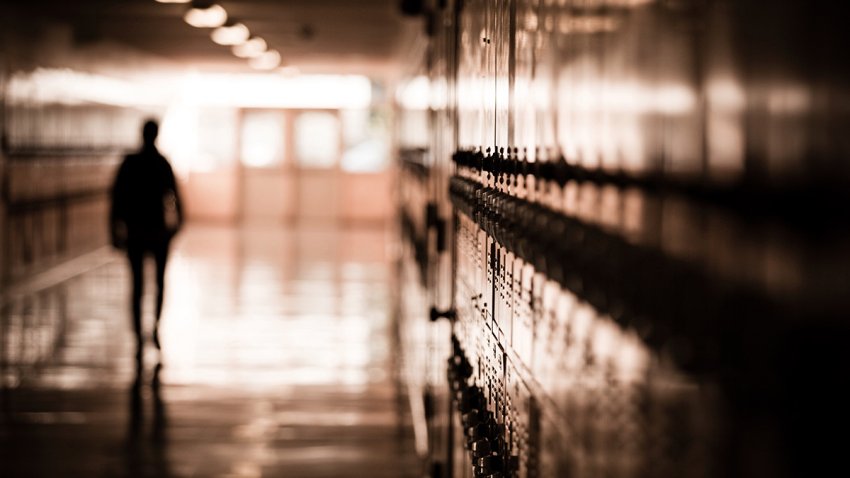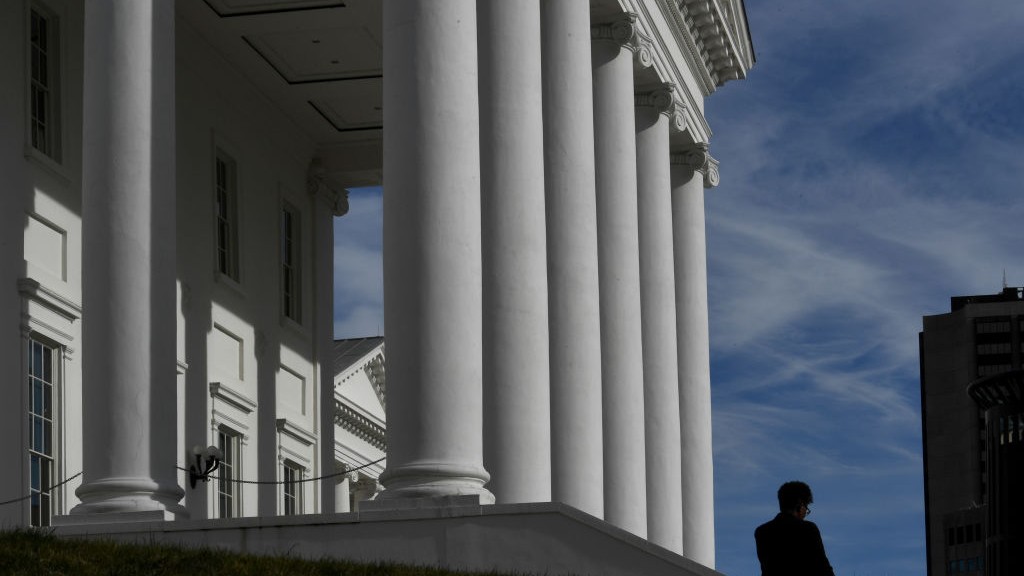A federal judge ruled Friday that a Virginia school system illegally discriminated against Asian Americans when it overhauled the admissions policies at an elite public school.
The ruling from U.S. District Judge Claude Hilton found that impermissible “racial balancing” was at the core of the plan to overhaul admissions to Thomas Jefferson High School for Science and Technology, known as “TJ.” The school routinely ranks as the best or one of the best public schools in the country, and slots at the school are highly competitive.
In 2020, the Fairfax County School Board significantly revamped the admissions process at the school. A standardized test that had been a linchpin of the admissions process was scrapped in favor of a system that set aside equal numbers of TJ slots at each of the county's middle schools, among other changes.
Hilton, in his ruling, wrote, “The discussion of admissions changes was infected with talk of racial balancing from its inception.”
We're making it easier for you to find stories that matter with our new newsletter — The 4Front. Sign up here and get news that is important for you to your inbox.
Although the school has enjoyed a stellar academic reputation for decades, Black and Hispanic students were woefully underrepresented in the student body.
TJ's current freshman class, the first to be accepted under the new policies, reflected a significant change in racial makeup. Asian representation decreased from 73% to 54%. The percentage of Black students increased from 1% last year to 7%. Hispanic representation increased from 3% to 11%.
The school system insisted its new admissions policies are race-neutral; among other things, they noted that the panelists who evaluate applications don't even know the race of the students they are evaluating.
The school system also argued that efforts to increase Black and Hispanic representation are legally permissible as long as the school board had not demonstrated a desire to harm Asian Americans.
John Foster, a lawyer for the school system, said the school board will consider an appeal of Hilton's ruling.
“The new process is blind to race, gender and national origin and gives the most talented students from every middle school a seat at TJ,” Foster said in a written statement.
Hilton, though, said the backdrop under which the school board acted showed that racial considerations were first and foremost on the mind. He noted that the death of George Floyd in May 2020 prompted calls for racial justice across the country. He also noted that the Virginia General Assembly and Department of Education were pushing schools like TJ — known as “Governor's Schools” in Virginia — to develop plans to quickly address the lack of Black and Hispanic students.
“Throughout this process, Board members and high-level FCPS officials expressed their desire to remake TJ admissions because they were dissatisfied with the racial composition of the school,” Hilton wrote.
The Coalition for TJ, the group of parents who challenged the admissions process in court with help from the conservative Pacific Legal Foundation, said in a statement that it “is thrilled by Judge Claude Hilton’s clear renunciation of racism and discrimination and his powerful defense of equality.”
“It feels fantastic, it’s a win against racism,” one of the plaintiffs, Harry Jackson, said. His daughter is half Asian American and in the 8th grade, currently applying to Thomas Jefferson High School.
“We all want to see diversity at the school, but we don’t want to discriminate against any ethnicity, any ethnic group,” he said.
Another family said they are also glad the judge ruled to stop the new guidelines.
“We thought that if our children worked hard and studied hard, they'd be able to get in on their own merit,” Ana Cruz said.
But others said they’re concerned with the ruling.
“What this decision really kind of hinders is school districts’ ability to really break down barriers to equal educational opportunity,” Jin Hee Lee, a senior deputy director of litigation with the NAACP Legal Defense Fund, said.
Hilton's ruling comes roughly a month after the U.S. Supreme Court agreed to hear a similar case filed by Asian American families against Harvard University over its admissions policies.
___
An earlier version of this story said the school system will appeal. No final decision on an appeal has been made.



